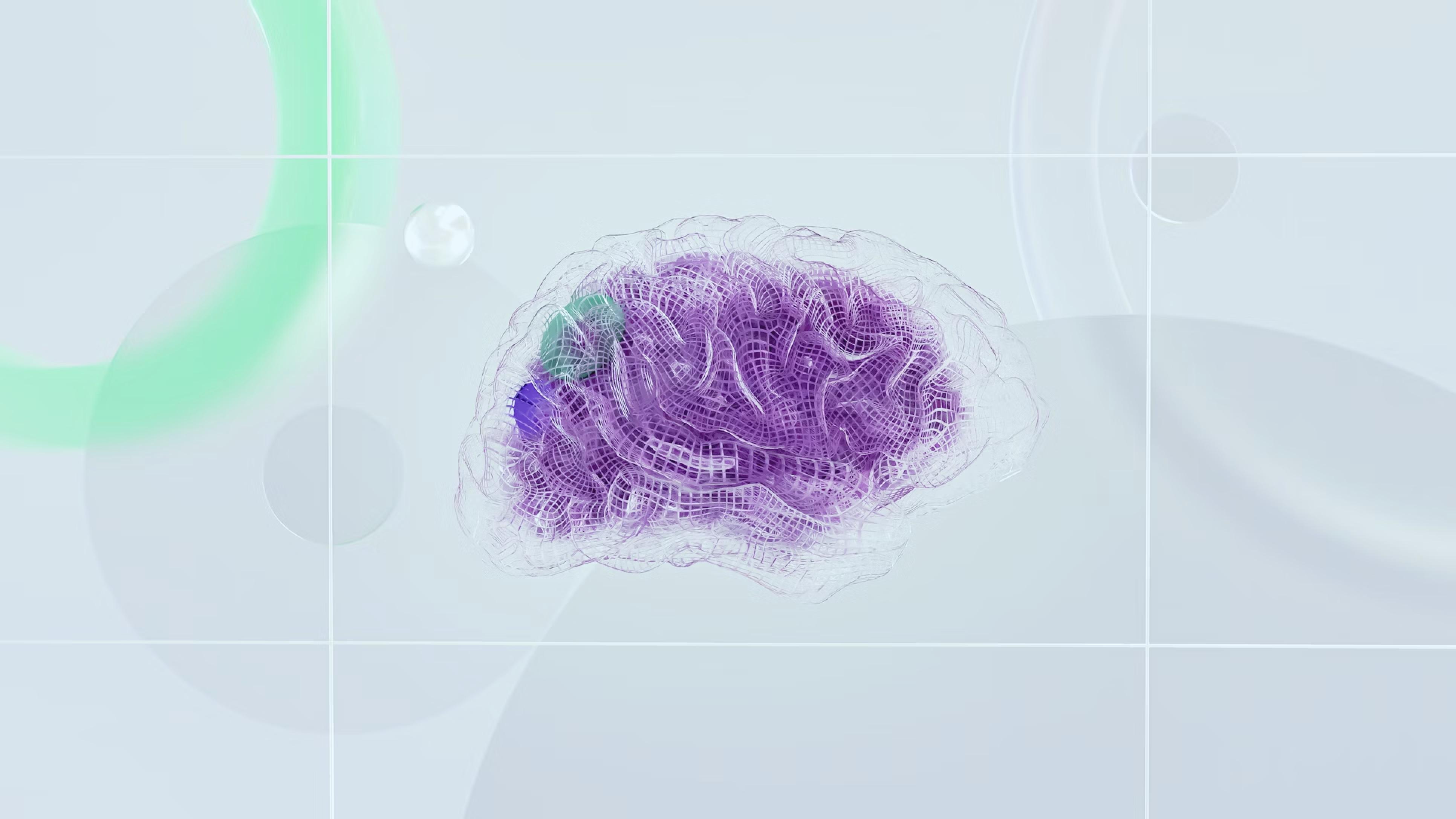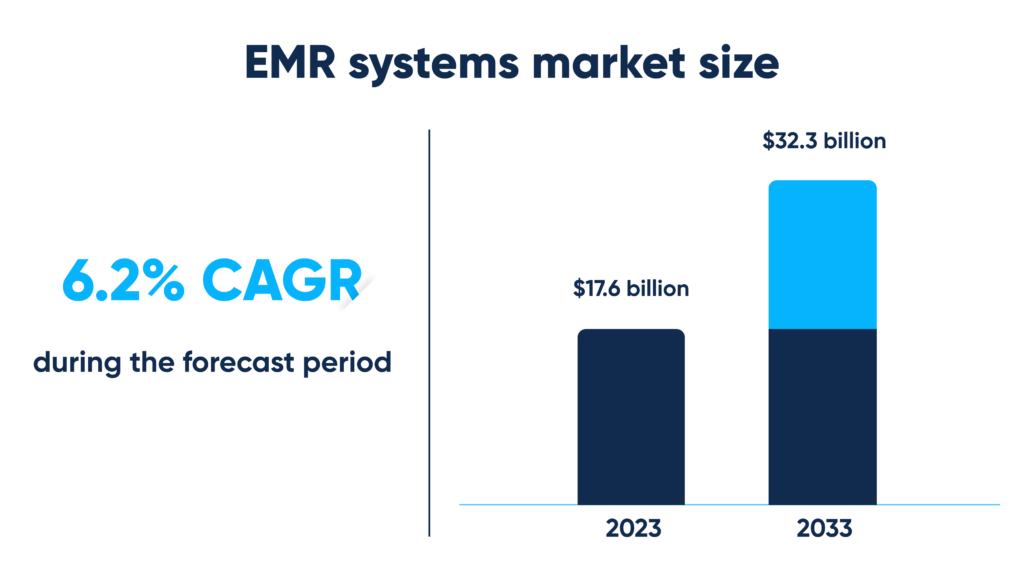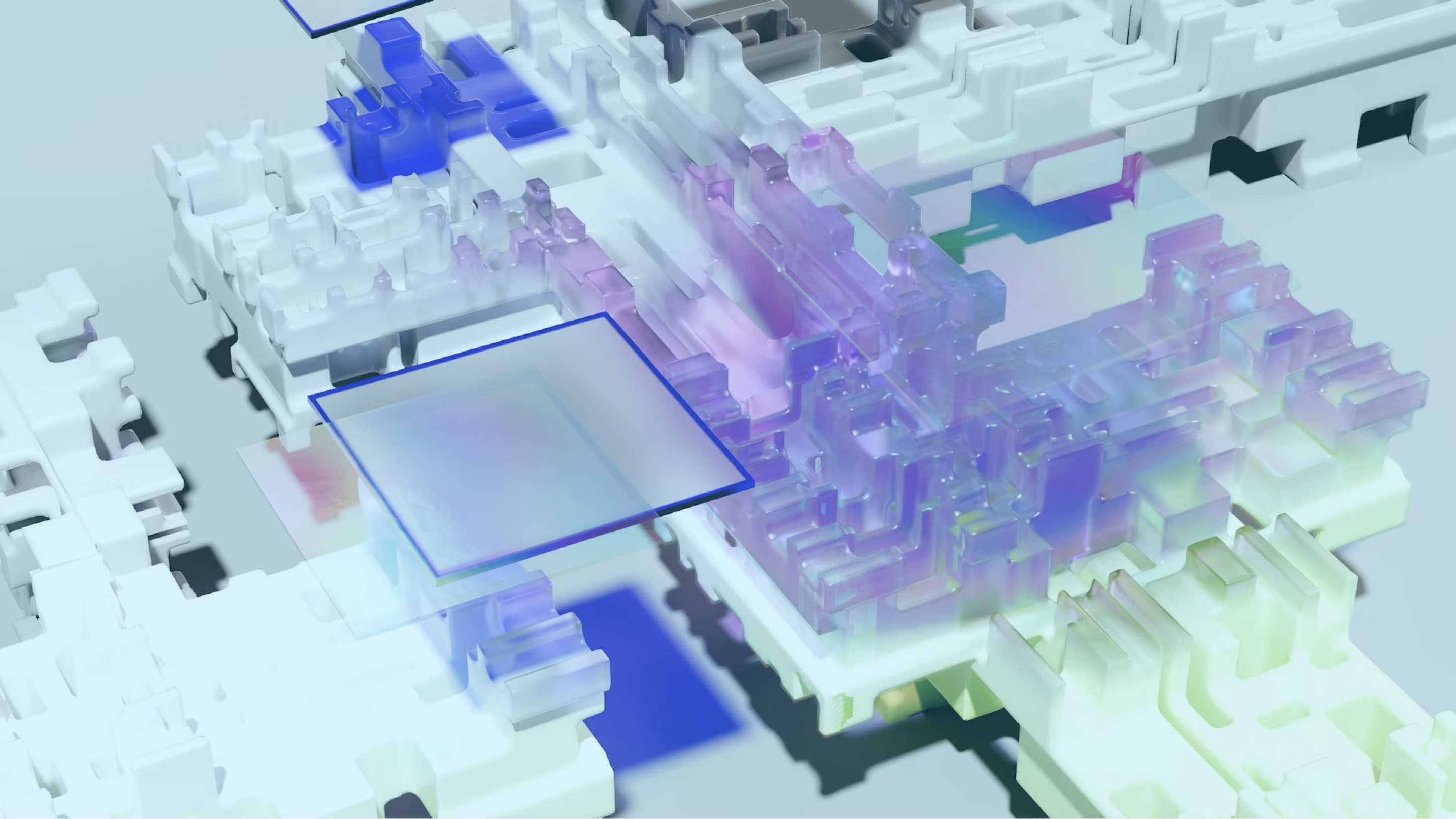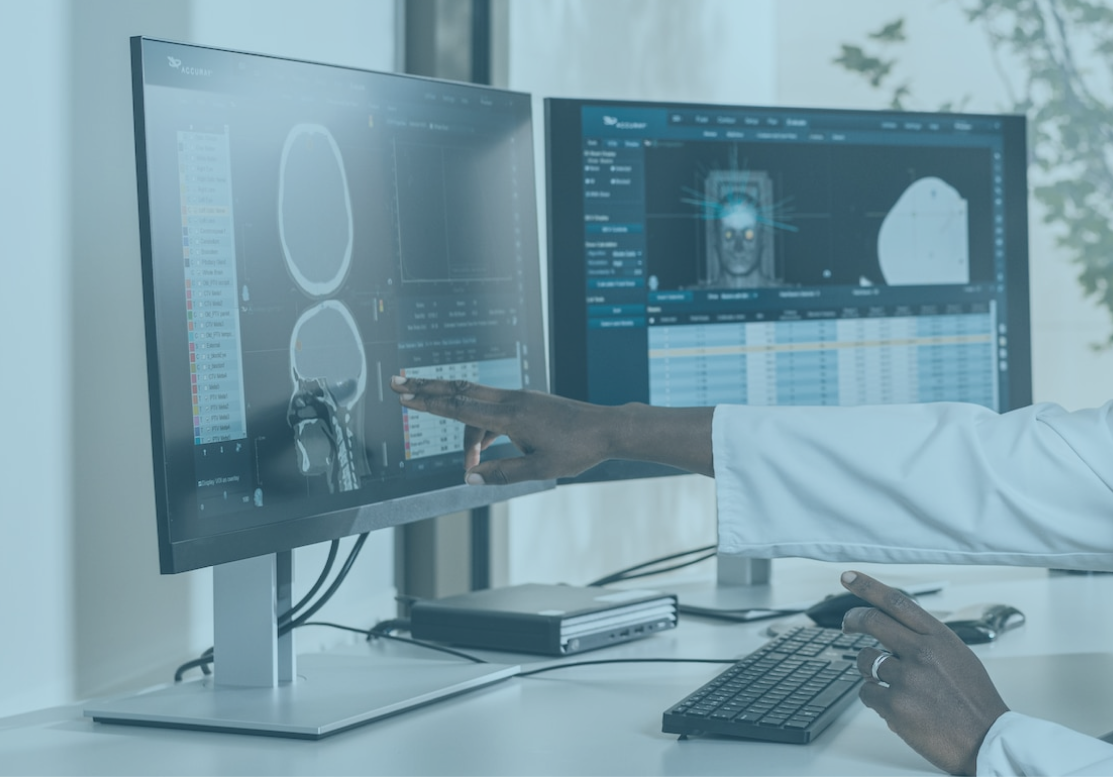RPA technology extending legacy EMR systems

Electronic medical record systems are utilized to gather, store, manage, and access health-related information. They’re essential for accommodating patient registration, clinical documentation, medication management, decision support, billing, coding, and other healthcare operations.
EMR systems are mission-critical, however, place significant burden on the healthcare provider and physicians after they become obsolete – security and compatibility complications, regulatory non-compliance, and more. The problem is that given their fundamental functionality and resources typically required for modernization, complete rewriting is neither economically lucrative nor feasible.
Abto Software sees great business value in integrating RPA technology to overcome legacy-related challenges and transform resource-intense processes.
Legacy systems in healthcare: the silent security threat
Security incidents continue plaguing healthcare companies, no matter their type and size, and the key reason behind most security vulnerabilities is the strong dependence on outdated legacy systems.
In fact, as to a 2022 HIMSS report, about 73% of surveyed healthcare organizations had been using older legacy systems as of the date of survey.
According to the report, legacy technology is indeed a significant security challenge to most of respondents. Whether dealing with applications, operating systems, or devices, the challenge is that outdated technology isn’t supported by the original manufacturer and lacks regular updates and patches.
The surveyed have also been asked about the most troublesome security incidents they experienced in 2021. Their severity has typically been medium (trimming 35%) and high (about 32%), but some were characterized as critical (over 12%).
EMR systems in healthcare: a brief market overview
As to a 2021 CDC report, in the United States:
- 88.2% of office-based physicians are using EMR/EHR systems
- 77.8% of office-based physicians are utilizing a certified EMR/EHR system
- The global electronic medical records systems market size was estimated at about 17.6 billion US Dollar in 2023 and is being projected to surpass 32.3 billion US Dollar by 2033
- The adoption of these is likely to rise at a 6.2% CAGR during the forecast period

In the United States, the industry is expected to exceed 18.4 billion US Dollar by 2033 during the same period. The main market drivers – a well-established healthcare industry, favorable policies, and presence of leading market players – are creating a quite conducive environment.
Another tendency, EMR systems have also proliferated globally – the Netherlands, New Zealand, and Norway have reported EMR software usage rates above 90% for primary care physicians.
Discussing legacy EMR systems: why no longer efficient?
Older legacy EMR systems are associated with already outdated versions of electronic record-keeping systems healthcare providers are utilizing for managing medical and medication records, and other patient information. These were typically implemented before modern, cloud-based solutions became popular across industries, and are often characterized by limitations in terms of functionality and interoperability.
Old legacy EMR systems are installed locally (on-premises) and require dedicated infrastructure and support. They’re lacking customization opportunities, decision-support capabilities, advanced analytics and reporting, and other modern features, which causes inefficient workflows and deteriorates patient outcomes.
Maintaining legacy EMR systems: a complex business challenge
Security vulnerabilities
Oftentimes, common EMR systems are lacking security updates and patches, making them highly vulnerable. This software may already have outdated authentication methods and weak encryption protocols, which leaves sensitive information badly susceptible to threats – data breaches, insider threats, phishing, ransomware.
Integration issues
Typically, old EMR systems are struggling to integrate with modern-day healthcare technologies and platforms. This software might cause limited access to other essential features, thereby deteriorating everyday workflows.
Data inconsistency
Legacy healthcare EMR systems might cause data inconsistency, in particular:
- Data duplication – poor communication with other healthcare technologies might facilitate traditionally manual data entry across locations, thus causing data duplication
- Data discrepancy – outdated, proprietary data formats and irrelevant coding schemes might entangle data standardization across different healthcare settings, thereby causing data discrepancy
- Incomplete documentation – if limited in functionality, legacy software may not capture relevant patient information and contain inaccurate details, heavily impacting clinical decision-making
- Burdensome retrieval – if lacking advanced capabilities for analysis and reporting, legacy software might complicate data retrieval, potentially hindering trend identification and monitoring
Documentation delays
Legacy healthcare EMR systems might create documentation delays associated with:
- Limited accessibility – some systems may not be compatible with smartphones and tablets
- Inefficient methods – outdated systems heavily rely on paper-based documentation methods, commonly energy-consuming to complete, particularly during patient encounters
- Poor interfaces – some legacy healthcare systems may feature clunky and hard-to-navigate interfaces that impede documentation processes
- Technical shortcomings – many legacy healthcare systems suffer from slow loading, frequent crashes, and other performance-related deficiencies, naturally complicating documentation workflows
RPA for legacy systems: a successful business case
Abto Software has entered a partnership with a healthcare provider in the United States to implement additional functionality without introducing fundamental changes to the existing legacy EMR software.
The upgrade of the partially outdated EMR system wasn’t justified, as there were limited integration options. The utilized legacy database, in particular outdated structure and formats, have posed considerable challenges, which made the upgrade of the EMR system too complex, time-consuming, expensive, and overall not rational.
In this particular situation where modernization wasn’t feasible, we came up with the strategy to leverage robotic process automation technology.
The project’s main objective was enabling appointment scheduling without administrators directly involved. Our client’s primary request was minimizing the traditionally manual efforts for administrators and simplifying the process of online appointment scheduling for patients who eschew direct interaction.
RPA assisted EMR system for online appointment booking
To enable more convenient and independent appointment scheduling without disrupting existing workflows, we delivered a whole separate website for patients and integrated an extension to mimic back-office activities. A straightforward account registration, data management, appointment scheduling, rescheduling, cancellations – all done without requiring manual processing.
And this is how it works:
- If applying for the first time, the patient is navigated through registration to capture relevant details – personal and insurance information, medical history, and more
- To schedule an appointment, the patient is prompted to enter personal information, a date and time, the reason for consulting, and other relevant details
- After scheduling, an appropriate RPA script is generated and executed on a virtual machine to enable seamless integration of the provided information into the legacy system
- The execution of the RPA script is monitored to ensure its success and initiate a reiteration if needed
How we can help
Abto Software has the specialized expertise to deliver RPA solutions for strategic-thinking healthcare leaders. Our teams can cover every stage from discovery and identifying the processes for optimization to integration and maintenance.
Registration, booking, insurance verification, claim processing, inventory management, billing management – all these can be successfully optimized by leveraging RPA technology.
Our services:
- .NET development
- ASP.NET development
- Web app development
- Mobile app development
- Cloud services
- Full-cycle, custom software development
Our expertise:


